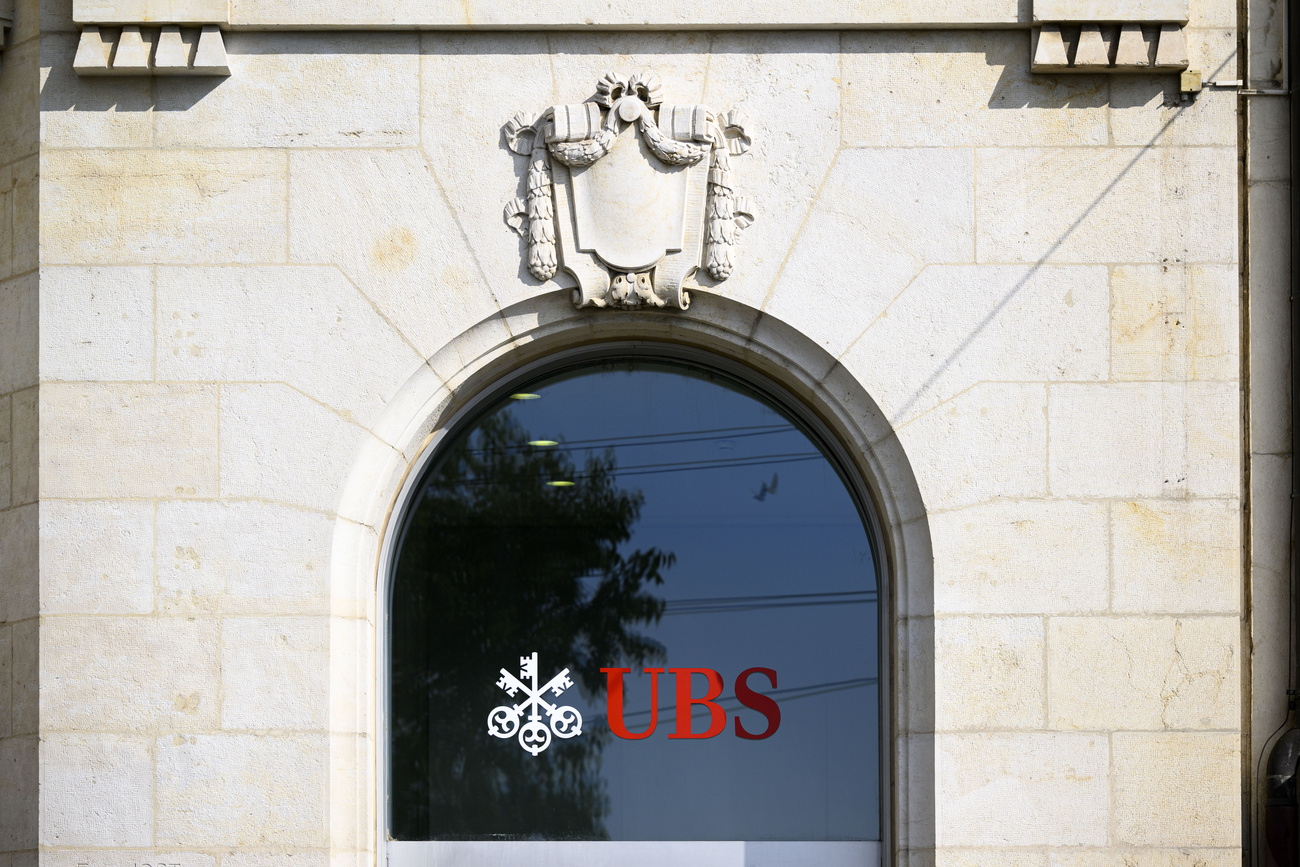
Asian Stocks Extend Losses, Gold Hits $4,000 Mark: Markets Wrap
(Bloomberg) — Asian equities fell, led by technology stocks, after Wall Street’s pullback from record highs fueled caution about lofty valuations and AI-related spending.
MSCI’s regional stock gauge fell 0.7% with technology shares among the losers. Shares in Hong Kong retreated 1.4% after an index of US-listed Chinese equities dropped the most since the end of August. Gold rose to $4,000 an ounce. The New Zealand dollar fell after the central bank cut interest rates by 50 basis points and signaled openness to more.
The yen extended its losses to a fifth day, sliding to its lowest against the dollar since February as Sanae Takaichi’s surprise win as the new leader of the ruling Liberal Democratic Party continued to weigh on the currency.
The S&P 500 slipped Tuesday as concerns grew that a $16 trillion surge from its April lows was excessive. That came amid growing chatter about a bubble forming around artificial intelligence as key players pledge billions of dollars in deals with a cohort of companies making infrastructure for the technology. As more money is spent, there’s mounting fear the trend will end in a crash the way it did 25 years ago following the dot-com euphoria.
“Profit-taking risks have rapidly risen across markets, and are particularly elevated for Nasdaq, potentially hampering further upside,” said Citigroup’s Chris Montagu.
In the US, investor optimism has grown heated in recent months, with many seeming too busy chasing the upside to worry about risks like a US government shutdown and stretched valuations.
Some Wall Street pros noted that having multiple large technology stocks surge by double-digits in quick succession could be a sign that valuations have become disconnected from underlying fundamentals.
Billionaire Ray Dalio — who founded the hedge-fund firm Bridgewater Associates — expressed reservations about the scale of the stock market’s recent rise, which has stoked concern about an AI bubble as valuations have soared.
“This is something that feels frothy to me,” Dalio said.
Dalio sees gold as a strong store of value at a time of rising government debt burdens, geopolitical tensions, and the erosion of confidence in the stability of national currencies. The traditional safe haven asset has rallied 52% this year, on course for its strongest annual advance since 1979.
While concerns are legitimate and an ever-present risk, there was no fresh information that came to light overnight to really threaten the bull market, wrote Kyle Rodda, a senior market analyst at Capital.com in Melbourne.
While there are pockets of risk, including in Asia and the US, “we are not really seeing a broad-based risk of a reversal yet, so we do think the trade could potentially continue for the time,” Rupal Agarwal, a quantitative strategist at Sanford C Bernstein, said in a Bloomberg TV interview.
Attention in Asia is also on the yen, which weakened to as low as 152.34 against the dollar, while moving to a fresh record against the euro since the common currency’s inception in 1999.
The markets curbed their expectations for a Bank of Japan interest-rate hike in the aftermath of the victory by the pro-stimulus lawmaker.
Just weeks before the BOJ’s next meeting, one of Takaichi’s closest economic advisers said that a rate increase in December would be better timed.
On Wednesday, Japan’s wages rose at the slowest pace in three months with real pay extending its falling streak.
What Bloomberg strategists say…
Short yen strategies will get a modest refresh after an across-the-board miss for Japan’s cash earnings data. It will be another reason for the country’s politicians to call on the Bank of Japan to delay interest rate hikes. Today’s data is more fuel for the yen to extend declines against major peers.
— Mark Cranfield, MLIV macro strategist. Click here for the full analysis.
Elsewhere in Asia, Vietnam was upgraded to emerging-market status by FTSE Russell, potentially unlocking billions of dollars more in capital inflows. Thailand’s central bank is also expected to cut rates at a meeting later Wednesday.
In commodities, oil rose in early Asia trading after an industry report indicated a drop in stockpiles at a US delivery hub.
Corporate News:
The Elon Musk-backed artificial intelligence startup xAI is raising more financing than initially planned — including an equity investment from Nvidia Corp. — to bring its ongoing funding round to $20 billion. Oracle Corp. shares tumbled after a report that the software maker’s profit margin in its cloud computing business is lower than many on Wall Street have been estimating. Tesla Inc. introduced new versions of its top-selling models priced at under $40,000, making its main vehicles more affordable to counteract the loss of US incentives for electric cars. Dell Technologies Inc. roughly doubled its growth estimates for sales and profit for the next two years, and said demand for artificial intelligence products will extend those higher projections at least through the 2030 fiscal year. Some of the main moves in markets:
Stocks
S&P 500 futures rose 0.1% as of 10:49 a.m. Tokyo time Japan’s Topix rose 0.8% Australia’s S&P/ASX 200 fell 0.1% Hong Kong’s Hang Seng fell 1.4% Euro Stoxx 50 futures were little changed Currencies
The Bloomberg Dollar Spot Index rose 0.2% The euro fell 0.3% to $1.1627 The Japanese yen fell 0.3% to 152.42 per dollar The offshore yuan fell 0.1% to 7.1531 per dollar Cryptocurrencies
Bitcoin was little changed at $121,968.72 Ether fell 0.5% to $4,488.3 Bonds
The yield on 10-year Treasuries was little changed at 4.13% Japan’s 10-year yield advanced 1.5 basis points to 1.690% Australia’s 10-year yield declined two basis points to 4.36% Commodities
West Texas Intermediate crude rose 0.8% to $62.23 a barrel Spot gold rose 0.3% to $3,995.88 an ounce This story was produced with the assistance of Bloomberg Automation.
–With assistance from Abhishek Vishnoi and Mark Cranfield.
©2025 Bloomberg L.P.


























